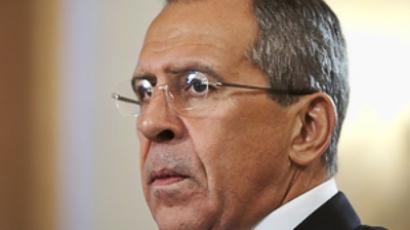Iran sanctions deal to lift US sanctions on Russia
The United States has reached an agreement with Russia that will allow Russian arms sales to Iran in return for Russian support on sanctions against the Islamic Republic.
The US needs Russian help to get the sanctions against Iran through the UN Security Council. The US-Russia deal includes lifting restrictions against Russia-based businesses and will likely allow Russia to aid Iran with its Bushehr reactor. The deal also agrees not to ban the sale of the Russian S-300 air defense system to Iran.
The sanctions deal follows the announcement of an agreement brokered by Brazil that would have Iran ship its low-level uranium to Turkey. The deal was almost identical to proposals put forward in the past by Western powers.
“The problem is they [Iran] have more uranium now,” said Ivan Eland, a senior fellow with the Independent Institute.
During the time it took to negotiate the deal, Iran accumulated more uranium. According to some analysts, Iran could follow through with the Turkey deal and still have enough uranium for a nuclear warhead.
It is unclear if Russia will finalize the sale of the S-300 missile air defense system to Iran. The sale of the air defense system is a major concern for both the US and Israel.
“The fear among Israel and the United States is that if Iran gets these air defense missiles, they will put them around nuclear sites and if Israel would try to bomb the reactor in Iran or the nuclear facilities they of course would shoot down Israeli aircraft,” said Eland.
Eland argues that sanctions are a middle ground and rarely work. This is the case with both Iran and North Korea, he said.
“Sanctions don’t usually work. But they’re always put on because they’re an intermediate step when diplomacy is perceived as too weak and going to war or covert military operations are regarded as to strenuous a response,” said Eland.













